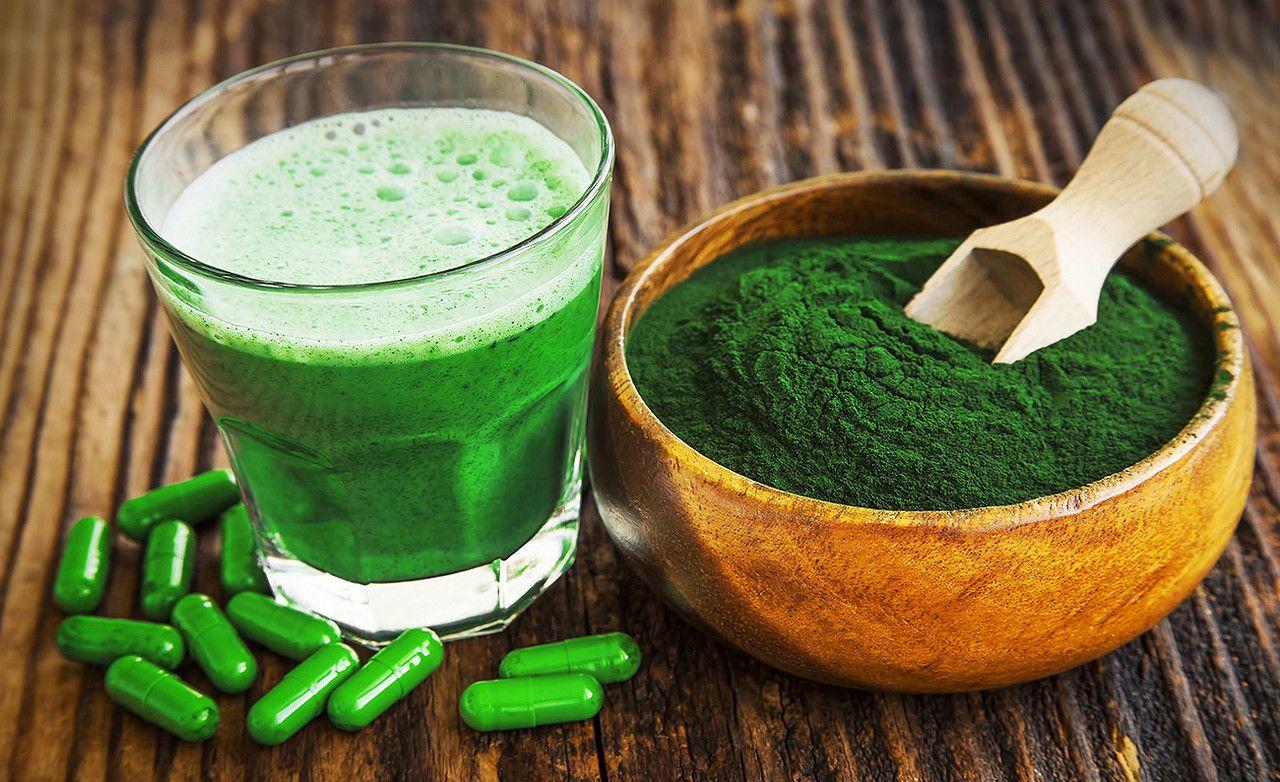What is Spirulina?
Spirulina is a type of cyanobacterium that grows in freshwater and saltwater sources. It has been consumed by humans for centuries as it is nutritious, easy to harvest, and rich in proteins, vitamins, minerals, and antioxidants. Spirulina grows in spiral helixes or coils, giving it its name - Spirulina comes from the Latin word for "spiral".
Nutritional Profile of Spirulina
Spirulina is considered a nutritional powerhouse as just a small amount contains an abundance of nutrients. Some key components include:
- Protein: Spirulina contains around 60-70% complete protein by dry weight. It lacks cholesterol and is low in fat, making it a highly nutritious plant-based protein source.
- Vitamins and Minerals: It is rich in B vitamins like B1, B2, and B3. It also contains vitamin E, iron, magnesium, potassium, copper, and manganese. Just 3.5g of dried spirulina provides more than 100% of the Daily Value for vitamin B1 and vitamin B2.
- Gamma Linolenic Acid (GLA): Spirulina contains fatty acids like GLA which have anti-inflammatory properties. GLA helps maintain skin hydration and supports nervous system function.
Get more insights, On Spirulina

